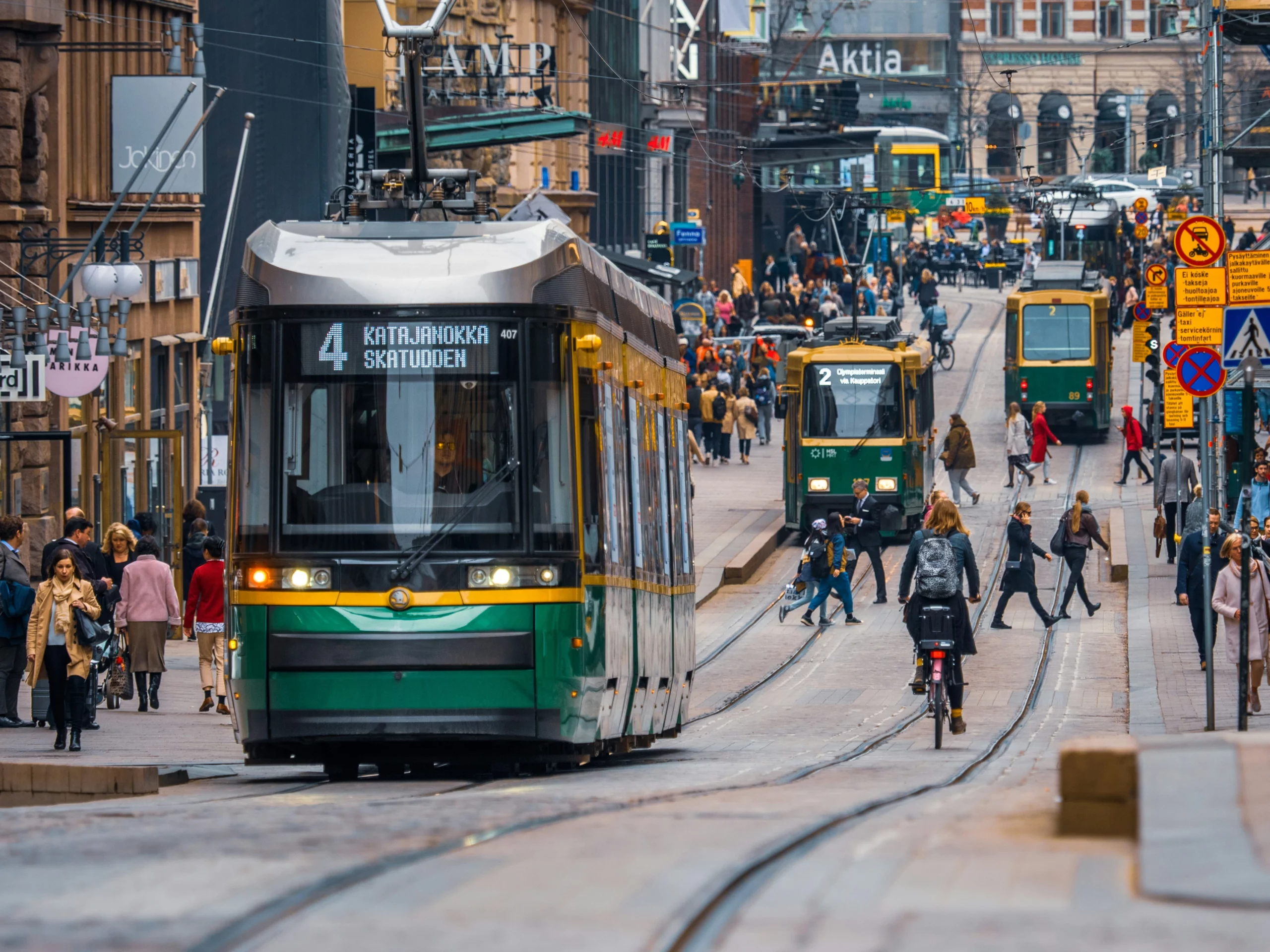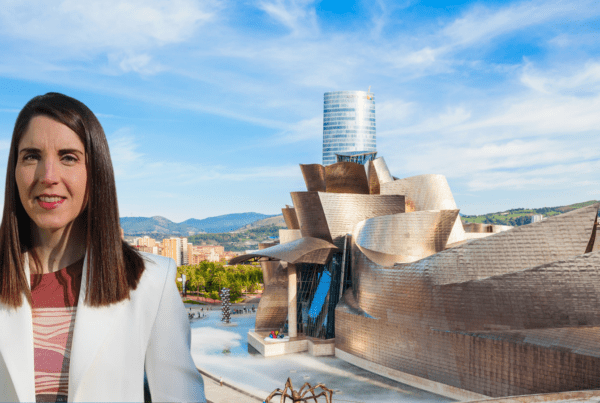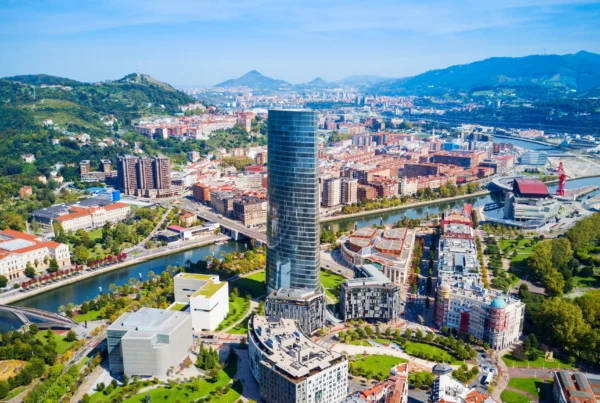CEMR urges inclusive, place-based vision for rural territories
As the European Union shapes its long-term vision for rural areas, the Council of European Municipalities and Regions (CEMR) calls for a fresh, inclusive approach that recognises rural territories as vibrant, diverse, and essential to Europe’s sustainable future.
In a context shaped by post-COVID realities, demographic shifts, and the need for climate resilience, CEMR stresses that rural areas must no longer be seen as peripheral or left behind. Over 50% of Europeans live in rural or peri-urban territories, yet these areas still face gaps in investment, connectivity, and access to services.
CEMR’s position lays out a clear path forward:
- Shift the narrative: Rural areas are not just agricultural zones in decline, but places of opportunity, well-being, and innovation. A positive and modern image must be promoted across all levels of government.
- Invest in connections: Better transport links, broadband access, and energy infrastructure are key to rural inclusion. Public investment must step in where market failures persist.
- Strengthen local governance: Municipalities and regions are best placed to tailor solutions to their rural communities. They must be true partners in designing and delivering EU and national policies.
- Support rural services and quality of life: Equal access to health, education, culture, and mobility is crucial to prevent depopulation and ensure territorial cohesion.
- Target EU funding more effectively: Cohesion Policy, CAP, Horizon Europe, and recovery instruments must better support rural-specific needs, with simplified access for small municipalities.
- Foster youth engagement and gender equity: Making rural areas attractive for young people, women, and families will require tailored policies and investment in social infrastructure.
CEMR calls on the EU, Member States, and institutions like the OECD and Council of Europe to take these principles seriously and to build rural policies that are integrated, inclusive, and future-focused. From tourism and energy to local governance and public services, rural areas must be seen as full contributors to Europe’s social and territorial fabric.
For more information, contact:

Advisor – Territorial Cohesion & Local Finances







